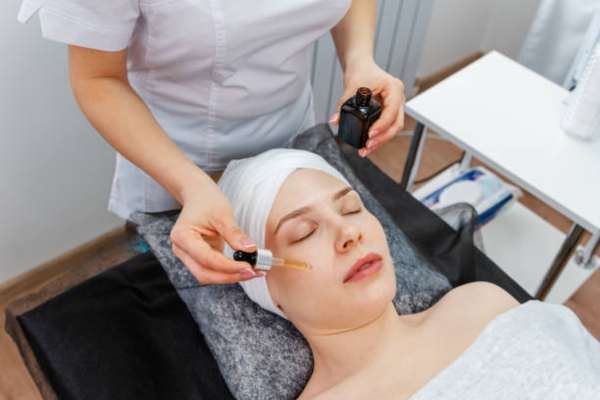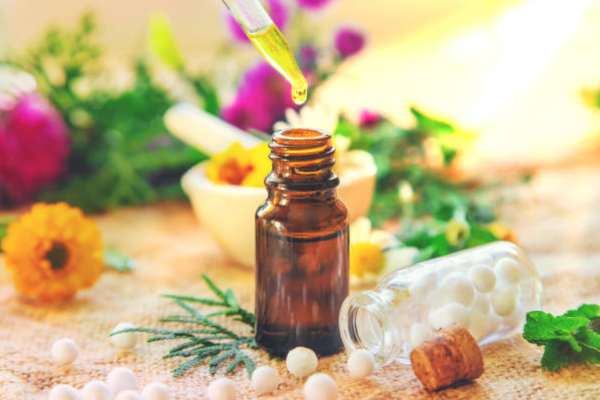Introduction
Oral fitness isn’t pretty much a vibrant smile; it’s vital to common well being. Often, humans forget it till issues rise up. But why wait? As awareness about holistic fitness rises, essential oils are emerging as a natural, powerful addition to conventional oral health care merchandise. These plant extracts convey antibacterial, anti inflammatory homes, along side a refreshing aroma, making them a popular opportunity for a healthy mouth. From boosting day by day routines to addressing particular troubles, critical oils offer a flexible solution to your oral care wishes.
Why Oral Health Matters
Oral fitness connects to the complete frame. Oral bacteria can impact the whole lot from heart health to mental nicely-being. With increasing recognition of these connections, humans are looking for natural, sustainable approaches to take care of their mouths. Essential oils, regarded for his or her therapeutic traits, provide a effective device for the ones aiming to reduce synthetic chemical substances and prioritize herbal fitness.
The Role of Essential Oils in Oral Care

Essential oils are potent plant extracts obtained through distillation. They cleanse, combat micro organism, and soothe infected gums. Essential oils gift a herbal opportunity to artificial, chemical-heavy products and provide peace of thoughts to those seeking to minimize artificial components in their exercises.
Understanding Essential Oils for Oral Health
What Are Essential Oils?
Essential oils are risky plant compounds, shooting the plant’s aroma and healing homes. In oral care, they work by disrupting bacterial mobile partitions, decreasing plaque, and developing an environment opposed to harmful microbes. With antimicrobial homes, critical oils are a herbal route to a purifier, healthier mouth.
Key Properties of Essential Oils in Oral Health
Some crucial oils provide particular blessings for oral care. Tea tree and clove oils are recognised for their antibacterial and antifungal homes, casting off harmful micro organism. Peppermint and eucalyptus deliver a relaxing, cooling effect that helps ease infection. These oils are gentle sufficient for each day use but powerful for maintaining oral health.
Top Essential Oils for Oral Health
Tea Tree Oil
With its powerful antiseptic homes, tea tree oil combats micro organism chargeable for plaque. A few drops diluted in water make an awesome mouth rinse, assisting manage gingivitis and shield the gums from dangerous microbes.
Peppermint Oil
Peppermint oil brings a cooling menthol punch and kills germs that cause bad breath. A few drops in water create a refreshing rinse or homemade mouthwash that cleanses the mouth naturally.
Clove Oil
Clove oil, known for its numbing properties, contains eugenol, which reduces pain and inflammation. Applying a drop of diluted clove oil to a toothache offers temporary relief until a dentist visit.
Eucalyptus Oil
Eucalyptus oil’s anti-inflammatory and antibacterial properties make it excellent for oral care. It can reduce plaque and soothe inflamed gums. Use it diluted as a mouth rinse to support a cleaner, healthier mouth.
Lemon Oil
Known for natural whitening, lemon oil brightens teeth and has antibacterial benefits that combat plaque. Due to its acidity, lemon oil should be used sparingly and always diluted to protect enamel.
Using Essential Oils for Daily Oral Health Care

Oil Pulling
An ancient practice, oil pulling involves swishing oil to cleanse the mouth. Coconut oil mixed with a few drops of tea tree or peppermint oil adds antibacterial power. Swish for 10-15 minutes to reduce plaque and freshen breath.
DIY Mouthwash
A homemade mouthwash is easy to make: mix water, a pinch of baking soda, and a few drops of peppermint, clove, or tea tree oil. This rinse kills bacteria, neutralizes bad breath, and leaves a clean feeling.
Adding Essential Oils to Toothpaste
Enhance your toothpaste with essential oils. A drop of peppermint or eucalyptus oil provides antimicrobial benefits when mixed with regular toothpaste. Always use food-grade oils and avoid overuse to prevent irritation.
Addressing Specific Oral Health Issues
Gum Health
For inflamed gums, tea tree and eucalyptus oils can reduce inflammation and promote healing. Gently massaging diluted oil onto the gums soothes discomfort and supports gum health.
Bad Breath
Combat bad breath with peppermint, tea tree, and lemon oils. These oils not only mask odors but address the root cause by neutralizing bacteria. Regular rinsing offers lasting freshness.
Toothache Relief
For temporary toothache relief, clove oil is ideal due to its numbing properties. Apply a diluted drop to the aching tooth for comfort until professional care is available.
Precautions for Using Essential Oils
Dilution
Essential oils are potent and have to be diluted in carrier oil or water before oral use. Dilution creates a more secure answer that reduces the hazard of irritation.
Avoiding Irritation
Some oils, like lemon, can be harsh. Diluting and using them sparingly enables avoid inflammation at the same time as making your oral care habitual effective and mild.
Safe Oils for Oral Use
Not all critical oils are safe for oral care. Avoid toxic oils like wintergreen or camphor, and stick with secure options like peppermint, tea tree, and clove.
Health Benefits of Essential Oils in Oral Health Care
Reducing Bacteria
Essential oils lessen dangerous bacteria inside the mouth, supporting ordinary hygiene. Regular use facilitates prevent plaque buildup and lowers the danger of infection.
Preventing Cavities and Tooth Decay
Oils like tea tree and clove combat hollow space-causing micro organism. Integrating them into your routine protects towards decay and promotes more potent dental health.
Promoting Overall Oral Hygiene
Essential oils add a fresh feeling and save you bacterial boom. With steady use, they devise a balanced oral environment that fosters lengthy-time period fitness.
Limitations of Essential Oils in Oral Care
Complement, Not a Replacement
Essential oils are a great addition to regular brushing and flossing, but they shouldn’t replace traditional practices. Use them to complement your existing oral care regimen.
When to See a Dentist
While essential oils help maintain oral health care, they can’t replace professional care. Persistent issues, like pain or swelling, should be checked by a dentist to ensure comprehensive treatment.
Allergic Reactions and Sensitivities
Some people may have allergic reactions to certain oils. Patch test before use and monitor for any signs of irritation to ensure safe, comfortable use.
Creating a Simple Oral Health Routine with Essential Oils
Daily Routine
An easy routine includes oil pulling, a homemade mouthwash, and adding a drop of essential oil to toothpaste. This combination provides effective, accessible care.
Morning and Night Use Oil pulling inside the morning, mouthwash noon, and gum rub down at night create balanced, round-the-clock care, helping a clean, wholesome mouth day and night.
Combining Essential Oils with Other Natural Ingredients For a holistic method, integrate essential oils with herbal components like baking soda, coconut oil, and aloe vera. These blends make bigger benefits, offering a herbal pathway to complete oral health.
Conclusion
Adding critical oils to your oral care ordinary is simple and profitable. Start with a few drops in mouthwash or toothpaste, and experience the clean, sparkling feeling that follows. With regular use, you’ll experience healthier gums, purifier tooth, and fresher breath. Essential oils provide a simple, natural manner to beautify your oral health, imparting not best a brighter smile however also a more healthy, happier you.










More Stories
4 Powerful Remedies For Sobriety Success
A Reminder To Include Some Zinc In Your Diet
How to Make The Transition to Eating Healthier and Real Food